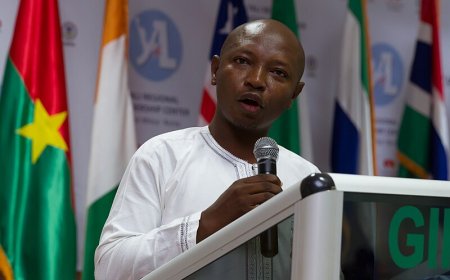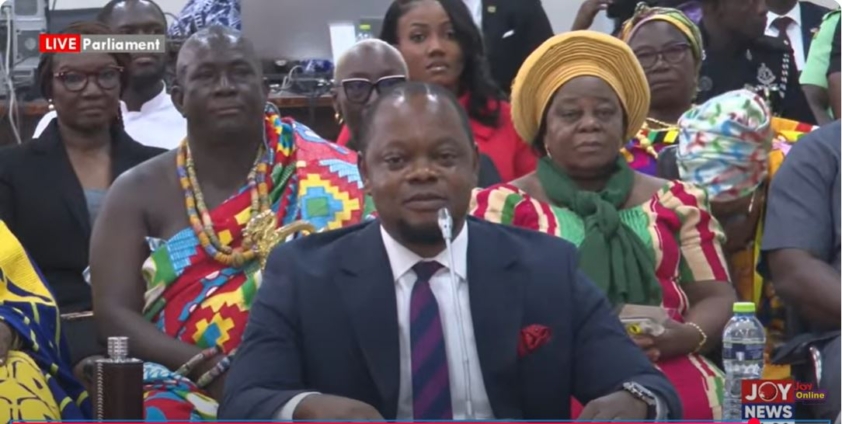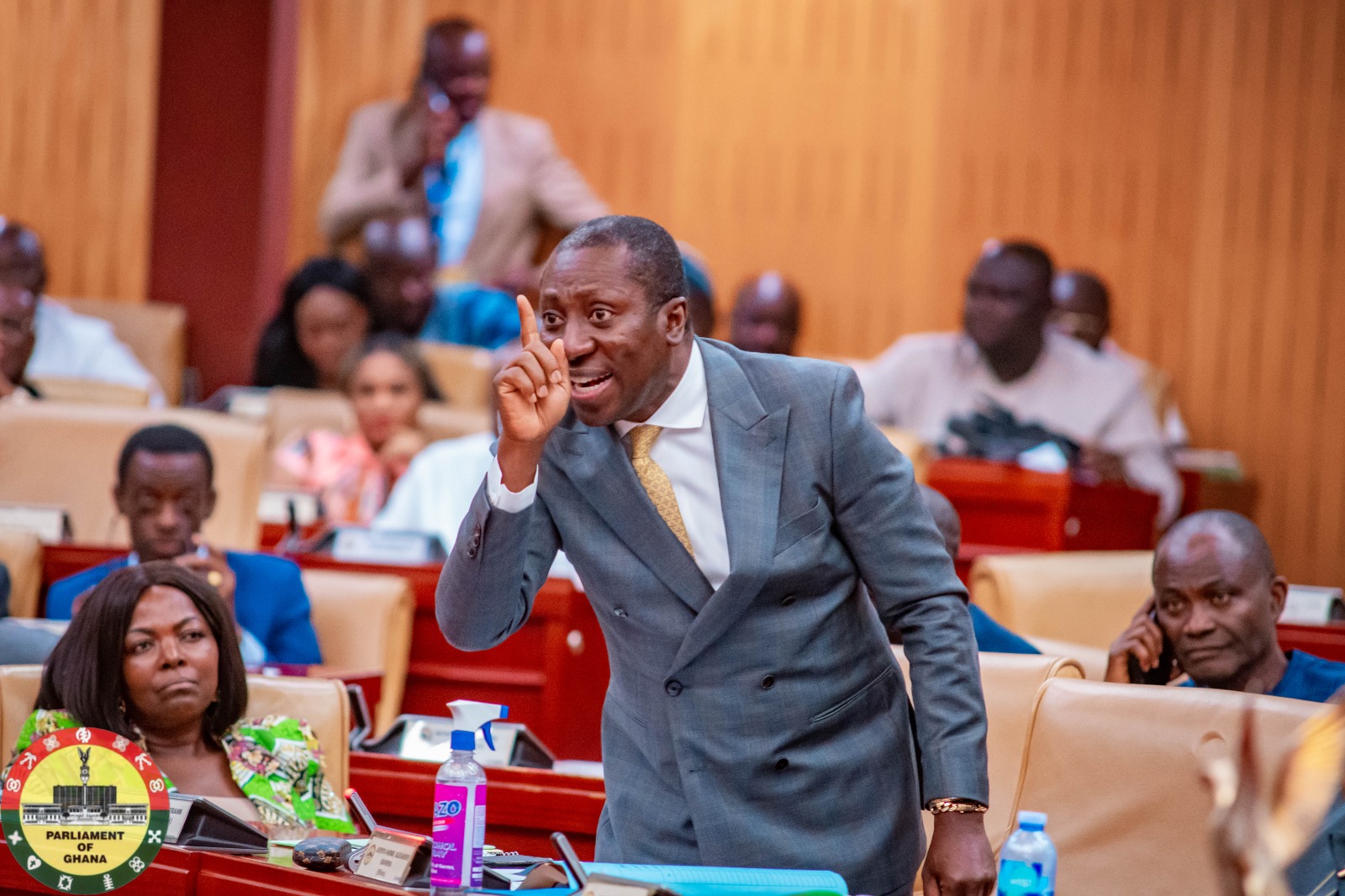The Arrogance of Power

“Arrogance of power” is often thrown out as the reason political parties lose power — always after they lose (ex post), never when they are in power (ex ante).
But what exactly is arrogance of power, and why does it happen?
According to page 66 of GOGO’s manual of servant leadership, “arrogance of power is the phenomenon where leaders, parties, or governments act with impunity, disrespect dissent, confuse loyalty to themselves with loyalty to the state, and treat public office as personal property.”
It thrives in systems where power is unchecked, personalized, and unaccountable.
If arrogance of power is not addressed in government, it can mutate into arrogance in opposition — and over time, becomes a national culture of arrogance.
Then the sickness is no longer who governs; it is how we come to define and accept governance.
Now here are the Top 11 Reasons for Arrogance of Power
1. Weak Institutional Checks: Institutions like Parliament, the Judiciary, and regulatory agencies often fail to constrain executive excess. In fact, they are easily captured.
2. Winner-Takes-All Politics: Electoral victories are treated as a license to monopolize state power and resources.
3. Personal Loyalty Over Constitutional Loyalty: Leaders prioritize loyalty to themselves over loyalty to constitutional principles.
4. Patronage Culture: Politicians act as benefactors, distributing favors and expecting unquestioning loyalty in return.
5. Ineffective Judicial Accountability
Legal processes against political misconduct are slow, inconsistent, and often politically manipulated. We no longer trust judiciary can do anything about it. Contrast to the December 31 case.
6. Public Apathy and Normalization: Citizens have become desensitized to corruption, abuse, and arrogance, reducing civic pressure. Even when our water is poisoned, we seem to look the other way in favour of politics.
7. Suppression of Internal Party Democracy: Political parties reward sycophancy and punish dissent, allowing arrogance to grow unchecked.
8. Misuse of Security Agencies:
Security forces are weaponized against critics rather than used to protect constitutional order.
9. Weak Civic Education: Many citizens lack a full understanding of their rights and the obligations of their leaders. The NCCE is significantly underfunded and is just a paper tiger.
10. Absence of Personal Accountability:
Leaders rarely resign, apologize, or take personal responsibility for failures, encouraging impunity.
11. Toxic “Party Supporters” Culture
So-called supporters — often opportunists seeking “nokofio” to chop — insult, threaten, or vilify critics to curry favor with political patrons, deepening a climate of arrogance and intolerance.
In sum, arrogance of power flourishes where institutions are weak, loyalty is personal, public apathy reigns, and mercenary “supporters” weaponize incivility against dissent.
Can Arrogance of Power Be Curbed?
Yes — but it requires real political reform, not slogans after electoral defeat.
Here are five critical actions, some requiring reform at the national level, others at the party level, and even at the personal level.
1. Strengthen Institutional Independence: Insulate Parliament, Judiciary, Auditor-General, and oversight bodies from executive interference through genuine legal reforms.
2. Enforce Internal Party Democracy:
Parties must cultivate a culture where dissent is protected, ideas are debated, and leaders are genuinely chosen — not imposed. The culture of suspending party members is not just unconstitutional. It makes little sense.
3. Sanction Abuse Early — Not After Elections: Parties must discipline their own when arrogance surfaces, during power, not after losing it.
4. End the Culture of Political Patronage: Break the cycle where public office is seen as an opportunity to reward supporters instead of serving the nation. Cut out X gives 5 million cedis to a party, etc. For every cedi given, they will take 10k when in power.
5. Invest in Civic Education and Public Empowerment: Build a citizenry that knows its rights, demands accountability, and refuses to worship politicians. That means funding NCCE and staffing it with genuine leadership.
Above all, we needs a new generation of citizen enforcers who:
* Do not bend to political intimidation,
* Do not wait for political permission to demand accountability,
* Do not excuse corruption based on party colors,
but instead insist relentlessly on good governance, transparency, and probity; no matter whose ox is gored.
When public officials betray their trust,
it is the citizen’s duty to prosecute misconduct with words, lawsuits, investigations, exposure, and constant vigilance.
Without fearless citizen enforcers, no constitutional structure can survive.
Institutions rot when citizens stop holding them to account.
Da Yie!
Source: Prof. Stephen Asare

























































